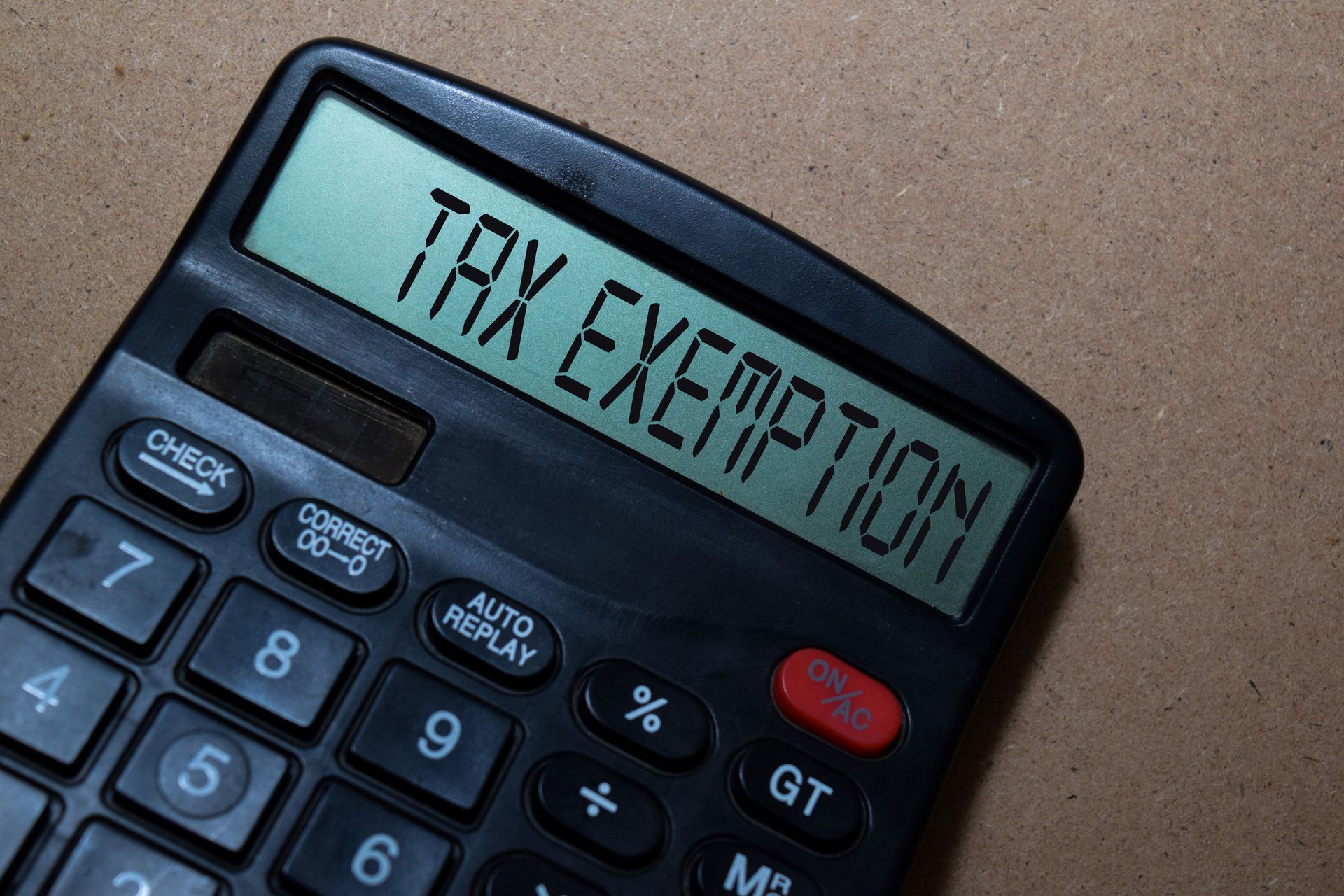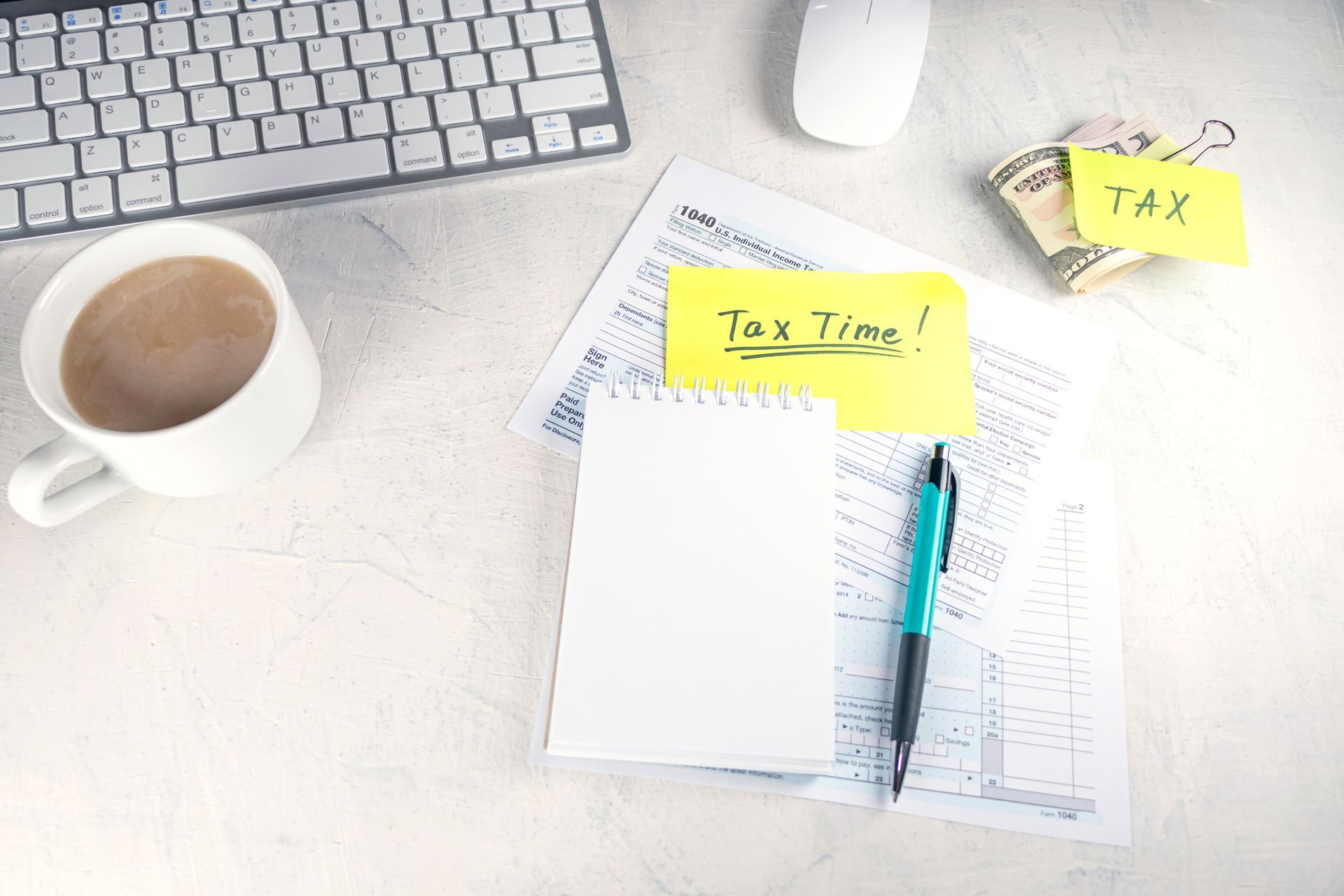Navigating Miami's Business Tax Maze for Success
Starting a business in Miami can be thrilling yet daunting. Beyond the sunny beaches and vibrant culture, Miami's bustling economy provides a fertile ground for entrepreneurial dreams.
However, one critical hurdle every business must tackle is understanding and complying with local business taxes. This guide will demystify the intricacies of Miami's local business tax, helping you steer clear of pitfalls and ensure your venture thrives.
In this blog post, we'll explore what Miami's local business tax entails, who needs to pay it, and how to stay compliant.
What is Miami's Local Business Tax?
Miami's local business tax is a mandatory levy imposed on businesses operating within the city. This tax is essential for funding municipal services, including infrastructure, public safety, and community programs. Understanding this tax is crucial for maintaining good standing with local authorities and avoiding penalties.
Unlike state and federal taxes, Miami's local business tax is specific to the city and varies depending on the type and size of the business. This makes it vital for
business owners to stay informed about the specific requirements that apply to their operations.
Who Needs to Pay the Local Business Tax?
Any business operating within Miami's city limits, regardless of size or industry, is required to pay the local business tax. This includes sole proprietorships, partnerships, corporations, and non-profit organizations. Even home-based businesses and freelancers must comply with the tax regulations.
The process of determining whether your business is subject to the tax involves assessing various factors such as your business location, the nature of your activities, and your annual revenue. Consulting with a local tax professional can help clarify these requirements and ensure compliance.
Understanding the Tax Rates and Categories
Miami's local business tax rates are categorized based on business activities. The city classifies businesses into different categories, each with its own tax rate structure. For instance, retail businesses may have a different rate compared to professional services or manufacturing firms.
The tax rates are also influenced by factors such as the size of the business premises, the number of employees, and gross receipts. It's essential to review the city's official tax rate tables and determine the applicable rates for your specific business category.
How to Register for the Local Business Tax
Registering for Miami's local business tax is a straightforward process that involves completing an application form and submitting it to the city's tax office. The application requires details about your business, including its name, address, and nature of operations.
Once your application is processed, you'll receive a local business tax receipt, which serves as proof of registration. It's important to display this receipt prominently at your business premises to demonstrate compliance with local tax regulations.
Key Deadlines and Payment Schedules
Meeting deadlines is crucial to avoid penalties and interest charges. Miami's local business tax is typically due annually, with the fiscal year running from October 1 to September 30. Renewal notices are usually sent out in August, giving business owners ample time to plan and make payments.
Failing to pay the tax on time can result in hefty fines and legal consequences. To ensure timely payments, consider setting calendar reminders or enrolling in automated payment options offered by the city's tax office.
Penalties for Non-Compliance
Non-compliance with Miami's local business tax regulations can lead to severe penalties. These may include fines, interest charges, and even legal action against your business. In extreme cases, the city may revoke your business license, effectively shutting down your operations.
To avoid such repercussions, it's essential to stay vigilant about your tax obligations and seek professional assistance if needed. Regularly reviewing your compliance status and addressing any discrepancies promptly can help mitigate risks.
Benefits of Compliance
While paying taxes might seem like a burden, there are significant benefits to staying compliant with Miami's local business tax. Compliance ensures that your business operates legally and maintains a positive reputation within the community.
Additionally, being in good standing with local tax authorities can open doors to various business opportunities, such as government contracts and grants. It also fosters a sense of trust with customers and partners, contributing to your overall business success.
Common Mistakes to Avoid
Navigating Miami's local business tax can be challenging, and many business owners make common mistakes that lead to non-compliance. One frequent error is failing to register for the tax promptly, resulting in missed deadlines and penalties.
Another mistake is underreporting business activities or revenue, which can attract audits and legal action. To avoid these pitfalls, it's essential to maintain accurate records and consult with tax professionals who understand the local regulations.
Leveraging Professional Assistance
Managing local business taxes can be complex, especially for new business owners. Leveraging professional assistance from accountants or tax consultants in Miami, Florida can provide valuable insights and ensure compliance.
Tax professionals can help you understand the nuances of Miami's tax regulations, identify applicable deductions, and develop strategies to minimize your tax liability. Their expertise can save you time and money while reducing the risk of costly errors.
Staying Informed About Changes
Tax regulations are subject to change, and staying informed about updates is crucial for ongoing compliance. Miami's local government regularly reviews and adjusts tax rates and policies, impacting businesses across the city.
Subscribing to official newsletters, attending local business forums, and consulting with tax professionals can help you stay abreast of any changes. Being proactive in seeking information ensures that your business remains compliant and avoids unexpected surprises.
Conclusion
Navigating Miami's local business tax may seem daunting, but with the right knowledge and approach, it can be manageable. By understanding the tax requirements, registering promptly, meeting deadlines, and seeking professional assistance when needed, you can ensure compliance and focus on growing your business.
Remember, staying compliant not only avoids penalties but also fosters trust and opens doors to new opportunities.
If you're ready to take the next step, consider booking a consultation with a local tax expert to tailor a strategy that suits your business needs. Together, we can make navigating Miami's business tax maze a smooth and successful endeavor.
Ready To Ease Your Tax Season Stress?
Sela Tax & Accounting offers tailored
small-business accounting services to simplify the complexities of taxes. With expert guidance from experienced professionals, we aim to provide peace of mind, allowing you to focus on running your business. Contact us today to schedule a consultation and achieve financial clarity and success!




